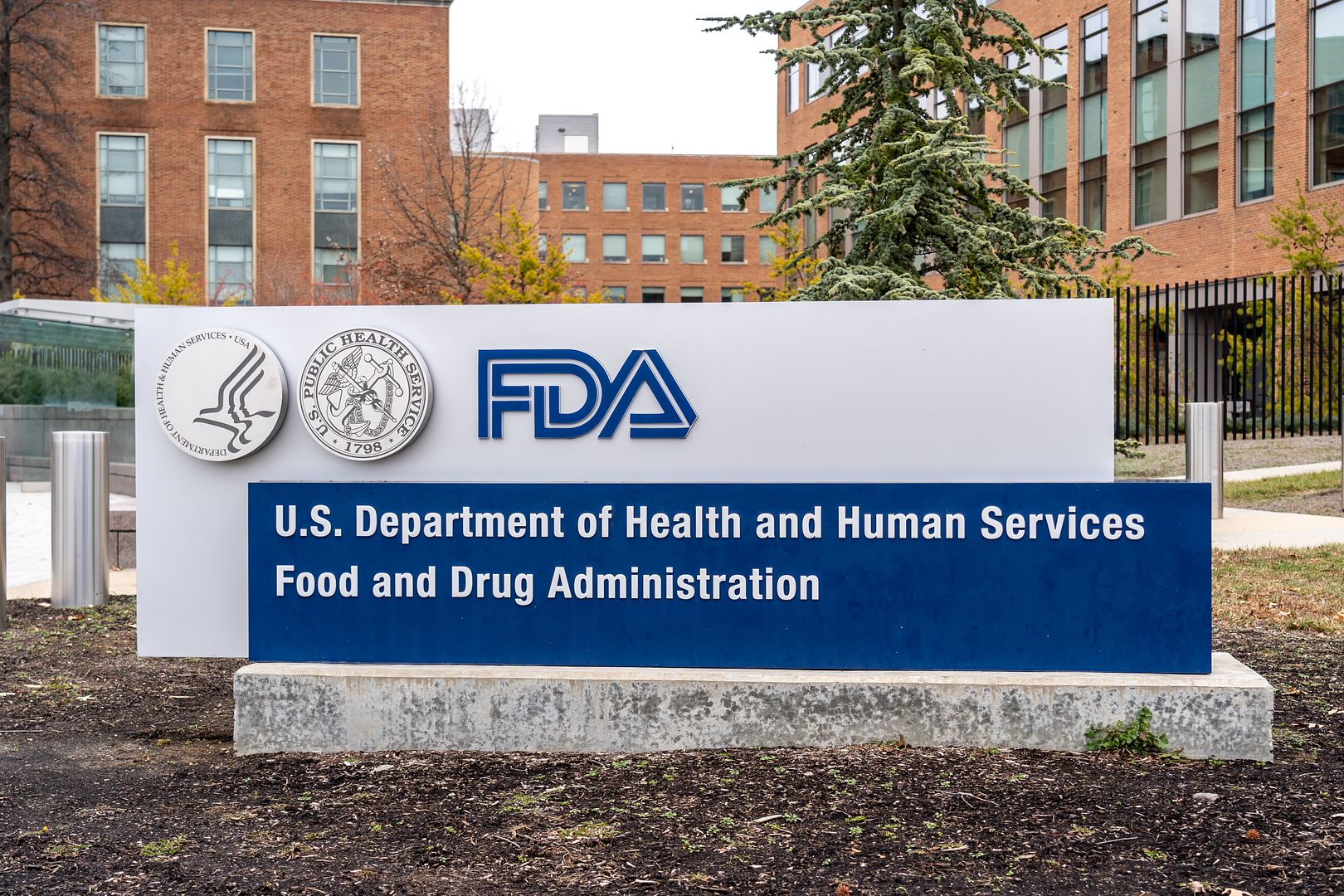ALS Community Urges FDA to Act on Treatment Access, Research Support
Written by |

People living with amyotrophic lateral sclerosis (ALS) recently shared their views on the importance of new therapies and incremental gains, and the risks they are willing to take with U.S. Food and Drug Administration (FDA) and industry officials in a virtual meeting hosted by The ALS Association.
The “We Can’t Wait Action Meeting” was about “ensuring FDA officials and industry have a clear understanding of how our community values the potential for any benefit, small or large, that might mean extra months of being able to walk, talk, [and] breathe independently,” Calaneet Balas, The ALS Association’s president and CEO, said during the meeting.
Scott Kauffman, chair of The ALS Association’s board of trustees and a caregiver for his son — diagnosed with ALS at age 27 — added that there is an “urgent need to gain timely access to potentially beneficial new therapies.”
Eight people living with ALS shared their perspectives with 17 FDA officials at the May 25 meeting, including Patrizia Cavazzoni, MD, director of FDA’s Center for Drug Evaluation and Research (CDER); Peter Stein, MD, director of CDER’s Office of New Drugs; and Billy Dunn, MD, director of FDA’s Office of Neuroscience.
The ALS Association had also set up a platform for the wider ALS community to voice its views and perspectives in advance of the meeting, and these testimonials were compiled and shared with the FDA and industry representatives.
“We are deeply grateful to the eight speakers who shared their wisdom and personal experience with the FDA, as well as the more than 150 others from the community who have done so online,” The ALS Association stated in a blog post.
I Am ALS and Team Gleason also helped to make this meeting possible.
“The ALS community … delivered the experience of living with ALS [and] their views on faster access to therapies directly to the FDA,” Balas said, adding that ALS patients are the ones who should “determine the risks they’re willing to take and the value they see in the benefits, not anyone else.”
“What may seem a modest [benefit] to some, can be deeply important to people with a progressive and fatal disease,” Balas added.
She also emphasized the association’s public support of the FDA using its regulatory authority “to provide the earliest and widest possible access” to Amylyx Pharmaceuticals’ experimental therapy AMX0035, which showed highly promising Phase 2 safety and efficacy data.
In November, The ALS association and I Am ALS submitted a petition to the regulatory agency, signed by more than 50,000 people, asking for AMX0035 to be granted approval based on existing trial data.
Such action would be in agreement with the agency’s 2019 ALS clinical trial guidance to help advance the development of ALS therapies, Balas said.
“Right now, I’m concerned the FDA does not appear to be using this guidance as the framework to do everything they can to get effective treatments to people with ALS as fast as possible, as they said they would,” she said.
These “mixed messages” from the regulatory agency may lead patients to search for unregulated and potentially harmful ‘alternatives’ on the black market, Balas said, adding “these aren’t possibilities, because we know this is happening.”
“We’ve had this conversation with the FDA before, and we should not have to keep having the same conversation,” Balas emphasized. “We should not have to ask people with ALS to come back, year after year, to speak to the risks they are willing to take. It’s unfair.”
Following ALS patients’ testimonials, Cavazzoni agreed that the “FDA and drug developers have a big role to play and need to do their part.”
CDER’s director also acknowledged the importance of developing therapies that offer “incremental improvement and therefore incremental hope,” noting that this may be more easily achieved when the biology of the disease is better understood and more targeted therapies can be designed.
Regarding early access to treatments not yet approved, the FDA stands “ready to work with industry sponsors to make investigational therapies available through expanded access when that is appropriate,” Cavazzoni said.
“I really look forward to more interactions with the [ALS] community … and all of those who really want to get us to the point where we have not only one therapy, but many therapies,” Cavazzoni concluded.
The ALS Association is planning several additional actions to keep the FDA on task. These will be further discussed at their 2021 National ALS Virtual Advocacy Conference, set for June 8–17.
The most immediate will be to ask the agency to recommit to its 2019 guidance, and to provide a detailed report on how it has implemented that guidance to date, and how it plans to get effective treatments more quickly to people with ALS.
Association officials also plan to ask the FDA to fund research on treatment and regulatory issues to benefit ALS patients, and the Congress to fund a study by the National Academies of Science and Medicine to help coordinate the entire ALS research agenda.
The association also supports the Promising Pathways Act, introduced into a Senate committee in the 2019-20 session. The act provides a pathway for provisional approval of experimental medicines to treat serious conditions, given that they show good safety and early evidence of efficacy in Phase 1 and 2 trials.
“We can’t wait any longer,” Kauffman said.





